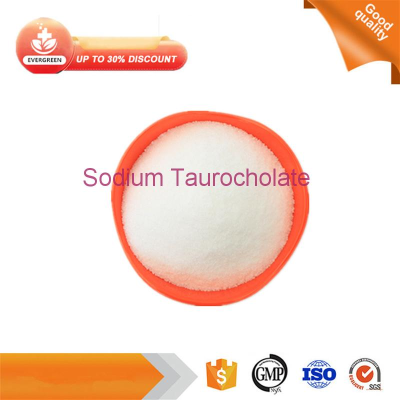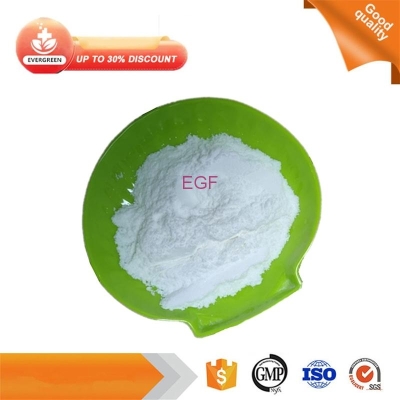-
Categories
-
Pharmaceutical Intermediates
-
Active Pharmaceutical Ingredients
-
Food Additives
- Industrial Coatings
- Agrochemicals
- Dyes and Pigments
- Surfactant
- Flavors and Fragrances
- Chemical Reagents
- Catalyst and Auxiliary
- Natural Products
- Inorganic Chemistry
-
Organic Chemistry
-
Biochemical Engineering
- Analytical Chemistry
- Cosmetic Ingredient
-
Pharmaceutical Intermediates
Promotion
ECHEMI Mall
Wholesale
Weekly Price
Exhibition
News
-
Trade Service
Proton pump inhibitors (PPI) are a class of drugs to reduce stomach acid production, can be used to treat several digestive diseases, including gastroesophageal reflow disease (GERD) and peptic ulcers, although the drug is generally well evaluated, but more and more literature found that in chronic kidney disease and intestinal infections under the conditions of the use of PPI, the intestine for calcium absorption decreased, urine reduction calcium excretion will lead to kidney stones, especially calcium herbal stones.
, the study aims to explore the link between PPI use and kidney stones.
researchers collected data from the Veterans Queue Study from October 1, 1999 to September 30, 2017 to conduct a retrospective study.
collected PPI usage in a total of 465,891 patients, as well as corresponding demographics, laboratory results, mergers, and drug use data.
the correlation between the risk of PPI use and the occurrence of kidney stones was determined by the Cox proportional risk and tendency matching analysis.
in unrealted analysis, there is a positive correlation between the use of PPI and kidney stones, and the use of PPI is a variable that changes over time (risk ratio is 1.74; 95%CI, 1.67-1.82), and this effect persists in the corrected analysis (HR is 1.46; P .lt;0.05) 95% CI, 1.38-1.55).
PPI dose was associated with an increased risk of kidney stones (HR, 1.11; 95% CI, 1.09-1.14).
use of antihistamine drugs (H2RAs) was also associated with an increased risk of kidney stones (corrected HR, 1.47; CI 1.31-1.64).
the adjusted analysis, the researchers also found no association between left thyroxine and the use of kidney stones (adjusted HR was 1.06; 995% CI, 0.94-1.21).
study, the authors said they found a correlation between PPI use and increased dose dependence on kidney stones risk in this large cohort study.
use of H2RAs is also associated with the risk of kidney stones, so acid suppression may be one of the mechanisms.
。







